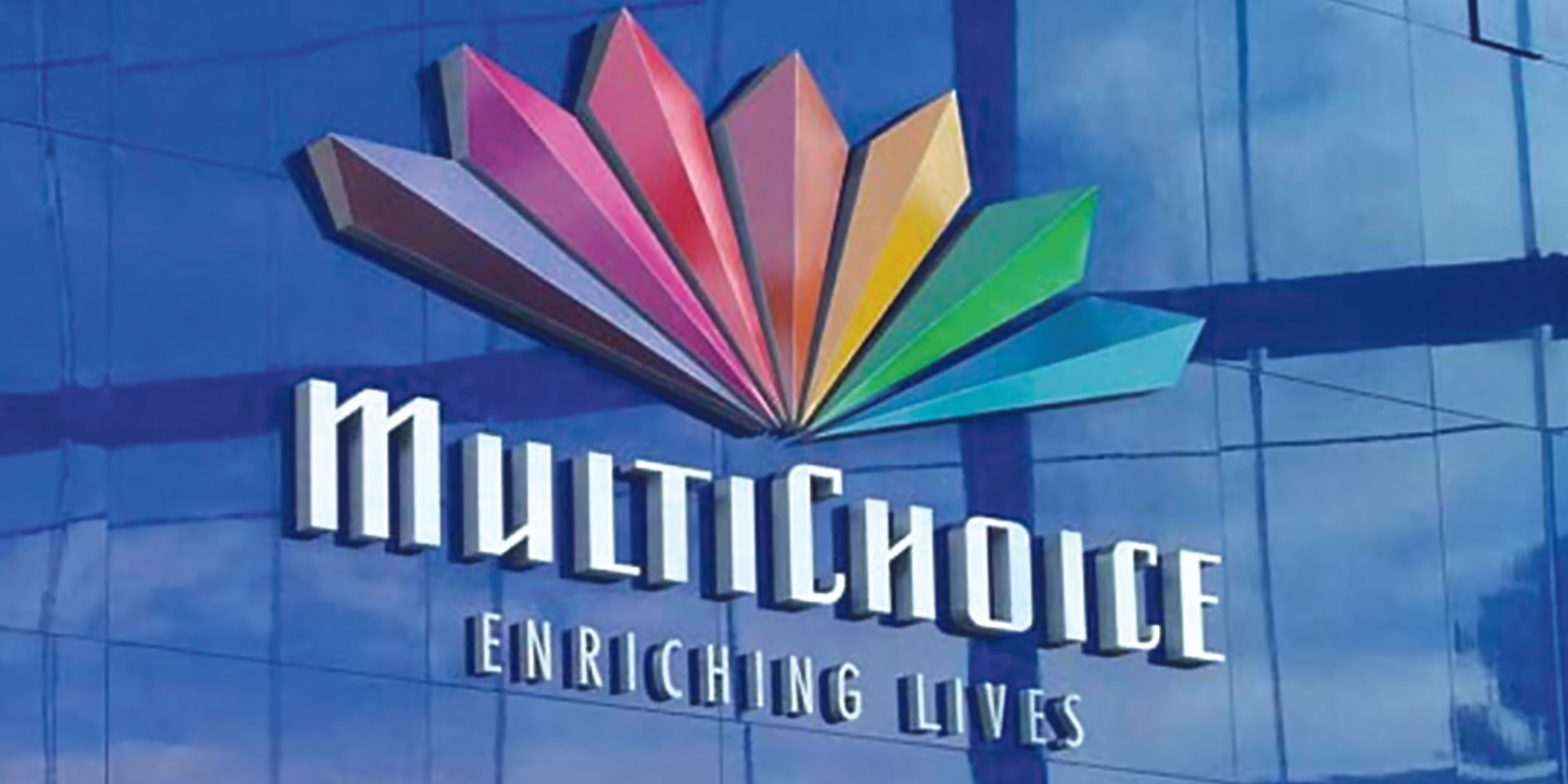Mounting financial and operational problems faced by MutiChoice have left some investors feeling vindicated by their decision to shed their investments in the pay-TV company.
The timing of the decision by Canal+ to buy the shares of MutiChoice investors at R125 per share— in a deal worth R35-billion to take over the local company — has been described by some as “perfect”.
Read more in Daily Maverick: Canal+ makes a bid to buy MultiChoice for more than R30bn
“Not only is the timing perfect, but it feels like we were rescued from a sinking ship,” quipped one Johannesburg-based asset manager, who was a long-time backer of MultiChoice but has now sold out from his position.
These views are arguably becoming widely shared in the investment community after MultiChoice recently revealed a horror show regarding its financial and operational situation.
In short, MultiChoice continues to lose subscribers and money on its DStv platform (a big driver of its revenue), especially in South Africa. This increasingly threatens MultiChoice’s solvency and calls into question its ability to operate without a financial bailout from Canal+, France’s broadcasting conglomerate.
During the 12 months ending March 2024, the number of paying MultiChoice subscribers in South Africa and other parts of Africa fell by 9% or 1.6 million customers to reach 17.3 million (compared to 15.7 million during the same period in 2022).
Over the past year, MultiChoice has lost 409,000 subscribers in South Africa and 1.2 million subscribers in the rest of Africa (making up the 1.6 million lost subscribers).
The worst-performing operations were in Nigeria, Angola and Zambia, markets that have all experienced high inflation and currency volatility in the past year.
Pressure in South Africa
For the first time in years, the number of MultiChoice’s subscribers in South Africa is below eight million — 7.9 million, to be exact. The company is losing customers in all income segments – even the premium tier that comprises consumers who are usually considered to be well-heeled and insulated from financial pressures.
Competition for these consumers and their wallets is intense as they can generally afford not only DStv and Showmax subscriptions (Showmax is owned by MultiChoice) but also subscriptions to Netflix, Amazon Prime and other streaming services.
The premium tier, which includes the DStv Premium and Compact Plus bouquets, saw the number of subscribers decline by 8% in South Africa, resulting in MultiChoice having only 1.8 million active subscribers (those having a subscription for more than 90 days).
Other segments, which MultiChoice deems affordable and attracting the low-to-middle income sector, are also seeing a decline in subscriber numbers. The mid-market base (comprising the Compact package) saw subscriber numbers decline by 9%, while the mass-market tier (those subscribing to the entry-level packages) was 2% lower.
MultiChoice has blamed two factors for the drop in numbers.
First, consumers face immense financial pressures, prompting them to cut their subscriptions to reduce household expenses. And second, the impact of Eskom’s rolling blackouts. MultiChoice believes consumers become reluctant to subscribe to DStv when the electricity supply is unreliable.
Some players expect MultiChoice’s problems in South Africa will only get worse.
Headwinds
Anthony Sedgwick, the cofounder of Abax Investments, told Daily Maverick: “We expect [MultiChoice] will continue to battle against the economic headwinds of operating in South Africa; at least where the economy is not growing and they can’t grow subscribers and will struggle to pass on cost increases [to consumers in terms of increasing subscription prices].”
Abax Investments recently sold its shares in MultiChoice (holding 0.34% of the company), taking advantage of the 25% share price jump since Canal+ initially tabled its buyout offer in February.
Sedgwick acknowledged that MultiChoice is “a great business that produces an incredible variety of content”, but added that the company’s weakness is that it operates in countries with unfriendly regulatory environments (especially in the rest of Africa), with hard currency-priced content and broadcast costs.
Asief Mohamed, the chief investment officer of Aeon Investment Management, shared Sedgwick’s concerns about MultiChoice, adding that governance problems around the company had been a problem for a long time. Like Abax, Aeon also sold its MultiChoice shares.
But market watchers are emphatic that there is a third reason MultiChoice is often not willing to admit: There is intense competition in South Africa’s entertainment industry with the proliferation of content produced by players such as Netflix, Amazon Prime, Disney+ and others.
All three factors have created major financial problems for MultiChoice. Its financial loss ballooned to 42% during the 12 months ending March 2024, reaching R4.1-billion (from a loss of R2.9-billion in the previous year). It is the company’s worst-ever loss.
This has led to speculation that MultiChoice is technically insolvent because its total liabilities are worth more than its total assets. The value of the company’s total assets has come down from R47.6-billion in 2023 to R43.9-billion in 2024, while liabilities have risen to more than R43-billion.
The technical insolvency doesn’t necessarily mean that MultiChoice is on the verge of financial collapse, because it can sell its other investments and assets to free up cash to pay down debt. It recently sold its insurance business, NMS Insurance Services, to Sanlam.
Read more in Daily Maverick: Sanlam to snap up MultiChoice’s insurance business
MultiChoice said it is also engaging lenders to ensure that its debt/borrowings are paid on time. However, its balance sheet has become uncomfortably riskier. This makes the case for MultiChoice needing Canal+ as its knight in shining armour.
MultiChoice’s growth strategy involves investing in local and international content for its streaming service, Showmax, and Canal+ is likely to provide capital to fund the growth.
Peter Takaendesa, the head of equities at Mergence Investment Managers, has argued that only companies with scale and a strong balance sheet are likely to survive changes in the entertainment industry.
“Canal+ and MultiChoice can leverage content and financial strength. However, there is still no guarantee of success, as the fight against global streaming giants is intense.” DM





